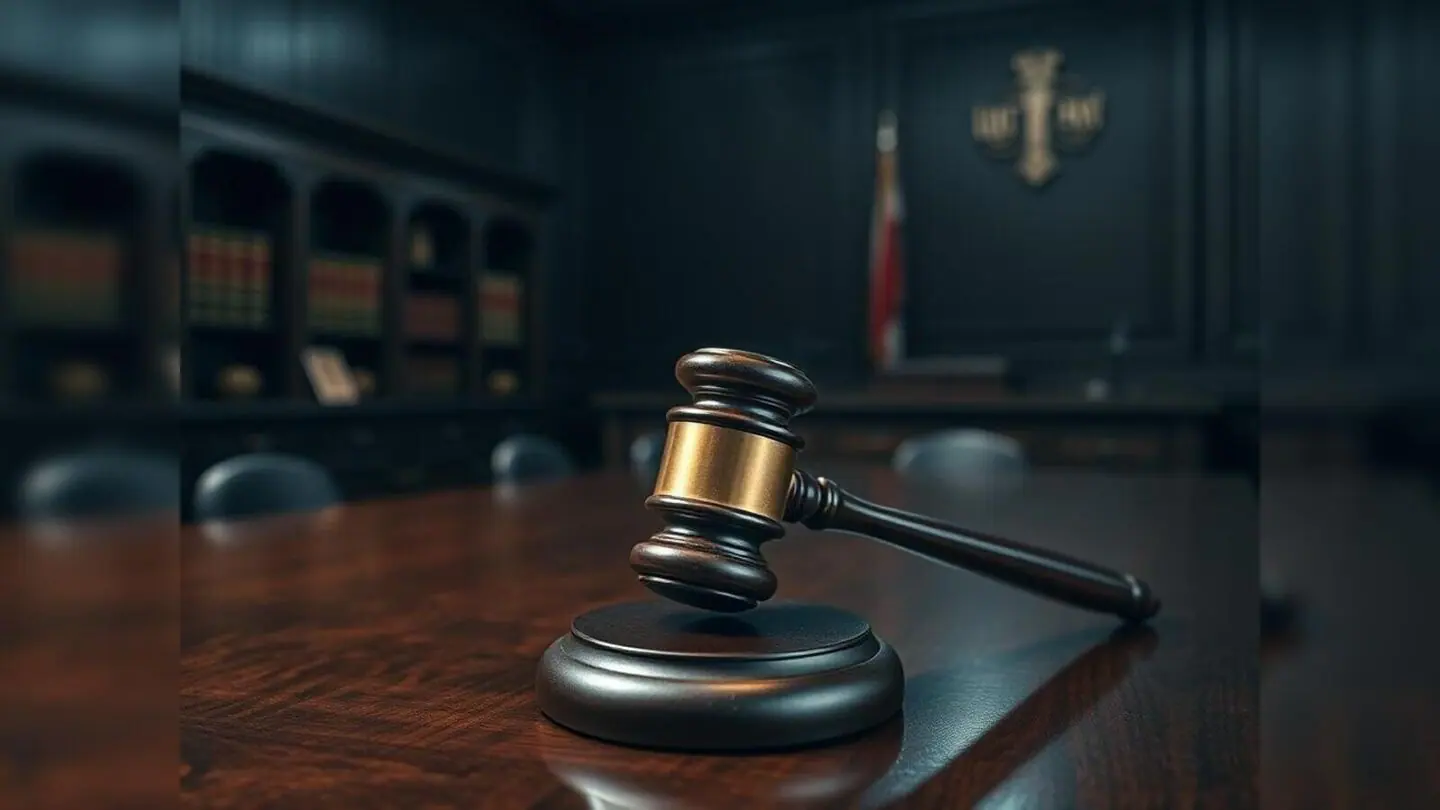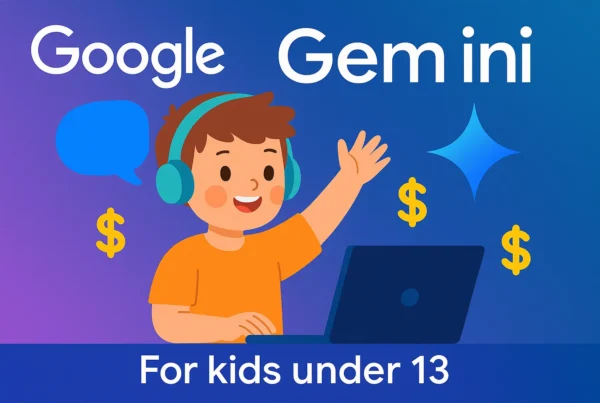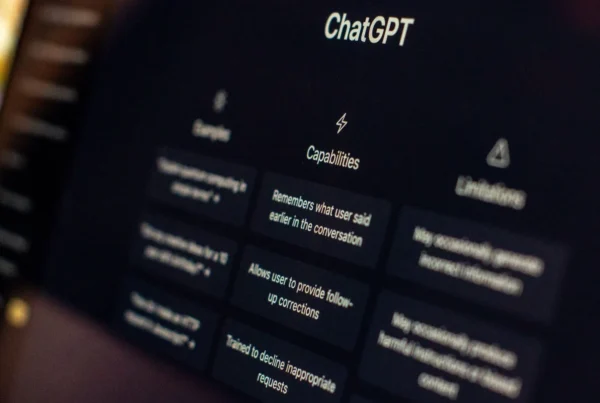
In what can only be described as Law & Order: AI Unit, the High Court of England and Wales has delivered a crisp legal backhand to lawyers who’ve been submitting spicy courtroom fan fiction courtesy of ChatGPT. Judge Victoria Sharp (whose name sounds like a sword and whose legal sass cuts just as deep) has had enough of legal professionals treating generative AI like a magic 8-ball in a barrister’s wig.
“Listen up, robe-wearers,” said Judge Sharp, probably while sipping a very judgmental cup of tea. “ChatGPT might sound super confident, but it’s basically a legal gossip with no citations.” She went on to explain that while AI might look smart, it often serves up confident nonsense with the energy of a golden retriever in a tuxedo — enthusiastic, charming, but fundamentally unqualified.
Now to the crimes:
In one case, a lawyer submitted a legal filing with 45 citations, 18 of which were completely made up. As in, those court cases never existed. The rest were either taken out of context, quoted incorrectly, or had about as much relevance to the actual case as a horoscope in a cereal box. Judge Sharp’s reaction? “Absolutely not, babes.”
In another case, a lawyer defending a man who got kicked out of his London home included FIVE imaginary cases. This legal wizard claimed she didn’t technically use AI — just maybe kinda sorta got her citations from “Google or Safari,” aka the Bermuda Triangle of credible sources. (Imagine citing a legal precedent from a TikTok comment and calling it a day.)
Judge Sharp, calm but visibly channeling the wrath of 700 years of British legal tradition, made it crystal clear: This is not a drill. She warned that penalties could range from a gentle wrist slap (aka “public admonition”) all the way to “referral to the police.” Yes, THE police. Like, “hello officer, someone tried to gaslight the judiciary with robot lies.”
To all lawyers tempted to get legal advice from the same chatbot that also writes fanfiction about Shrek and Batman falling in love: Stop it. Get some help.
The ruling will now be sent to Very Important Legal People™ like the Bar Council and Law Society, who are presumably already huddled in a room whispering, “What even is ChatGPT?” while frantically Googling “How to fact-check robot lawyer.”
Judge Sharp’s final word? If you can’t tell real law from robo-bluff, the court’s got punishments for days. And no, AI can’t write you out of this one. Not even with a very convincing citation.

UK Lawyers in Hot AI Mess After Submitting Fake Court Cases: Judge Sharp Unleashes Legal Thunder




